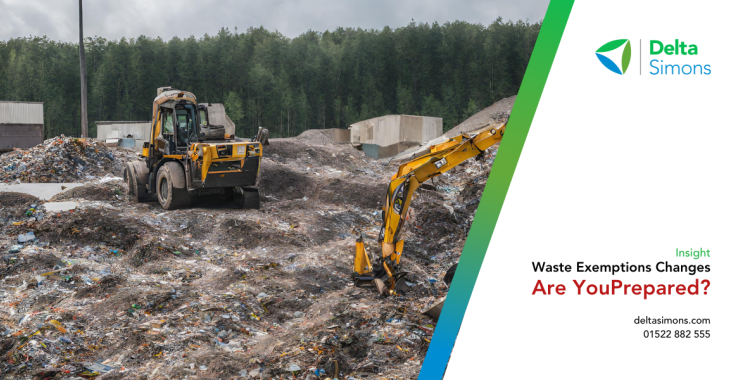DEFRA implements Medium Combustion Plant Directive (MCPD)
07 Dec 2017
Environmental Planning
Air quality

This month will see the MCPD implemented in England and Wales by an amendment to the Environmental Permitting Regulations. The Directive requires all medium sized combustion plants in scope to be registered or permitted, setting limits on the pollutant levels that these plans can emit according to their type, size, age, fuel type and annual operating hours.
The Medium Combustion Plant Directive forms part of the European Union’s (EU) Clean Air Policy Package (2013) for medium sized combustion plants with a rated thermal input of between 1 and 50 MWth input. Through regulating emissions of SO2, NOx and dust into the air, the MCPD aims to reduce air pollution and lessen the risks to human health and the environment that they may cause.
It is estimated that the MCPD will affect over 30,000 plants in England and Wales. The controls will apply to new plants from December 2018. Existing plants must comply with requirements from 2024 or 2029, depending largely on size, with the aim that full implementation to be achieved in 2030.
Who will be affected?
DEFRA’s definition of ‘generators’ that will be affected by the MCPD includes:
- Any single stationary electricity generating combustion plant
- Any single mobile generator that provides balancing services to the grid or permanent infrastructure
- Any group of stationary electricity generating combustion plant located at the same site and providing electricity for the same purpose
…with a rated thermal input of between 1MWth and 50MWth.
Exceptions and exemptions to the MCPD
It is important to note the following exceptions:
- Mobile generators are only in scope of these additional controls if providing services to the grid, care connected to permanent infrastructure
- Generators under 1MWth are in scope if they are providing balancing services, or if their aggregated capacity is >1MWth
The following are exempt from the Emission Limit Values:
- Backup generators (which are purely for onsite use during power cuts) which are tested for up to 50 hours a year
- Generators with safety roles in nuclear sites
What next?
Delta-Simons can support your organisation to ensure you comply with the new legislation in time. We can provide the following services necessary to help support the forthcoming requirements;
- Review existing and planned generators
- Advise on compliance ability
- Advise on the specific ELV’s and monitoring requirements
- Provide guidance for environmental permits
- Undertake detailed air quality dispersion modelling
- Determine stack height requirements for Tranche A 5-50MW generators during the transitional period
- Undertake feasibility studies for the fitting of abatement, technology switches and provision of sampling facilities
- Prepare Environmental Permit Applications (and modifications to planning applications if required
Contact Gabor Antony, Air Quality Associate at Delta-Simons:
Email: gabor.antony@deltasimons.com
Phone: 07974 187473



